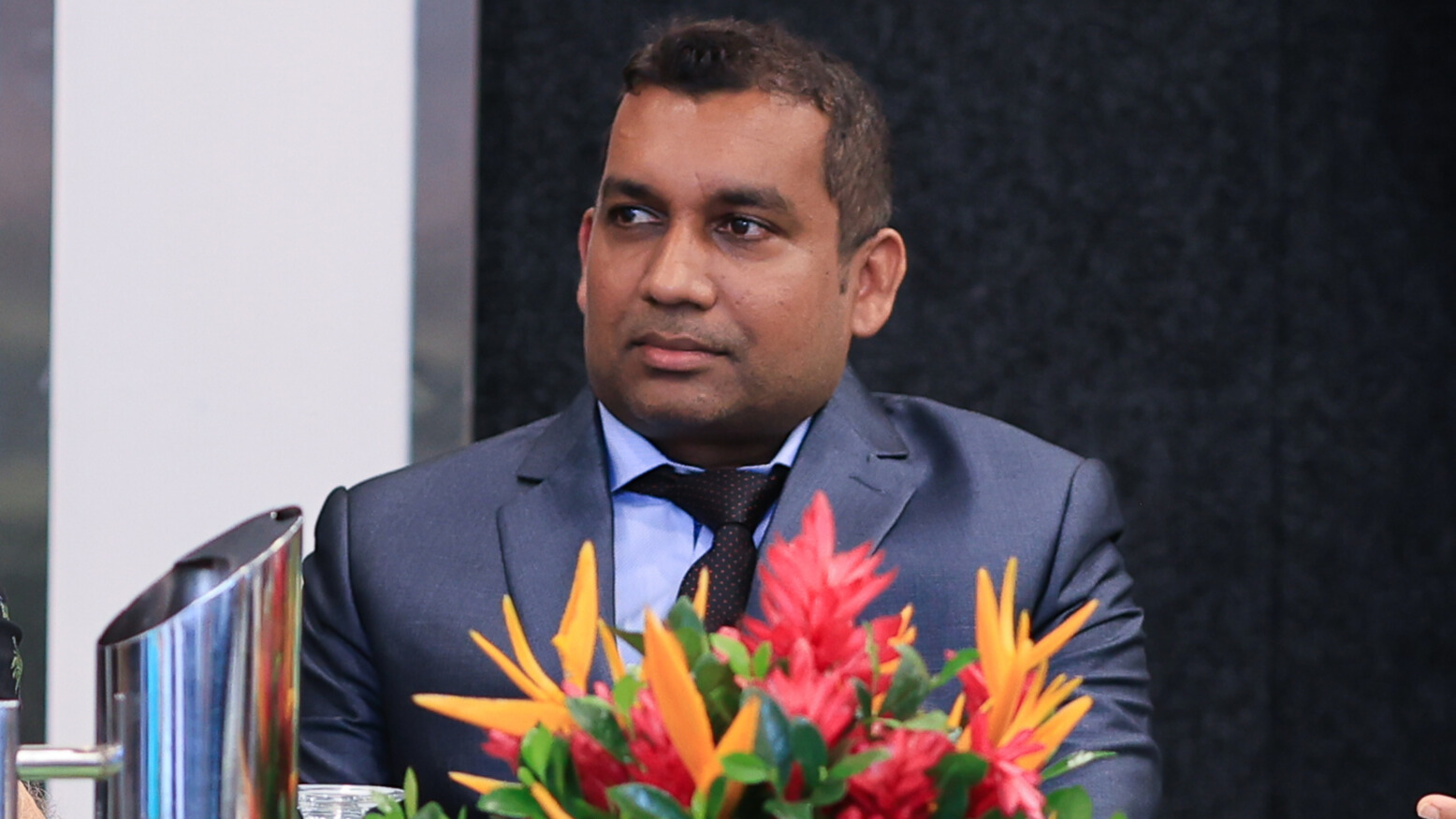THE absence of consolidated and publicly accessible data on human rights complaints in Fiji is a major barrier to transparency and accountability, according to Dialogue Fiji executive director Nilesh Lal.
“It would be incredibly useful if regular reports were published showing statistics like the number of complaints received, the regions they came from, gender and ethnic breakdowns,” he said.
While a relevant institution may be collecting information, Mr Lal said the public remained largely in the dark.
“They might have data, but there’s no consolidated database that’s accessible to the public,” he said.
Mr Lal told a human rights workshop in Labasa such reporting would not only demonstrate transparency but also help build trust in the system. “People need to see that their complaints are being taken seriously and that there’s a process in place that leads to fair outcomes.”
He said many people were not aware of the existence of the human rights body in the country, which was a serious issue.
“The onus is on them to make themselves visible, to educate the public, and to demonstrate that they are a place where people can go to seek justice and redress.”
In response to these gaps, Dialogue Fiji has partnered with the European Union on a new initiative aimed at strengthening human rights documentation in the country.
“We’re very grateful to the EU, which is funding a project to document human rights violations in Fiji. As part of this, we are creating a central database that will be managed by an independent organisation.”
He said the data would be used to identify trends and push for reforms.



